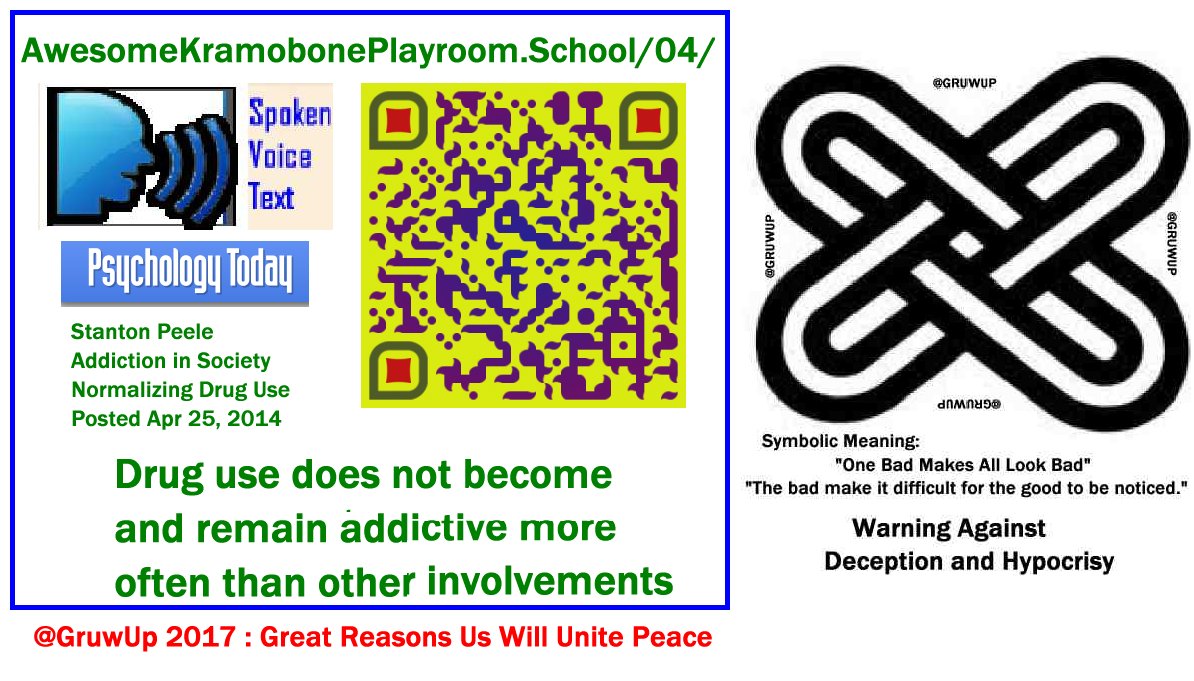The myth of Addictus was about a slave who’s master set him free
but the slave was so used to his chains and his pain that when his
master allowed him to roam and be free, the slave wandered the land with
his “chains” still intact. All the time he wandered his chains were
unlocked and he could have simply taken them off, but being so used to
and so in love with his chains and pains he chose to NOT take them off.
“To be addicted comes from the Latin word addicere, “to give my voice over to.” Someone who is addicted has no voice. Linda Leonard wrote a wonderful book called Witness to the Fire: Creativity and the Veil of Addiction in which she talks about the word “addiction”:
What does it mean? Where does it come from? “Ad” means to or toward… [and] “Dicere” means to speak
[Addiction is when I] give my voice to or toward some person, place,
thing, or even a process. Process addictions are rigid attitudinal ways
of approaching the world. Addiction need not be limited to alcohol or
drugs. I can give myself over—hand over my voice—to anything.
In fact, the original meaning of “addictus” was spiritual, in the
sense of someone dedicated to the gods, one whose voice was given over
to the Divine (e.g. the 3rd Step of A.A.). Thus, inherent in the
meaning of addiction is the sense of dedication, or bearing witness, to
creative energies.
Among the Romans, addiction also signified the making over of goods
to another by a legal sale. A slave was even known as an addictus,
someone who had no voice, who was a slave to a master. Addiction is the
act of giving oneself over to something as one’s master.
Addiction is terrible, it is true, but addiction can be transformed.
How can the addict get her or his voice back, so that they can respond
[to what they have been called to]?
Within every addiction there is a vocation, a calling
(vocation coming from the Latin word meaning to hear or listen and
therefore to respond). Addiction is [far from] the end of the line.
Like the biblical prophet Samuel did in the night, how do I respond
if I don’t have a voice? Samuel went to his guru and said, “I think I
hear my name called.” And he’s told by the Prophet Eli, “Say ‘Here I
am.’” [ref: 1st Samuel, Chapter 3].
Saying yes is part of dealing with addiction. The spiritual part of
addiction…getting my voice back…is to be able to say yes to all of life.
No one, no thing, is excluded, precluded, left out.
In dealing with addiction, we have to see it as one side. It might be
a sad story, maybe generations of sad stories, but we can’t talk about
addiction, whether positive or negative, without pain, because people
who get their spirit back have to deal with the pain of staying with
their own creative spirit.”


